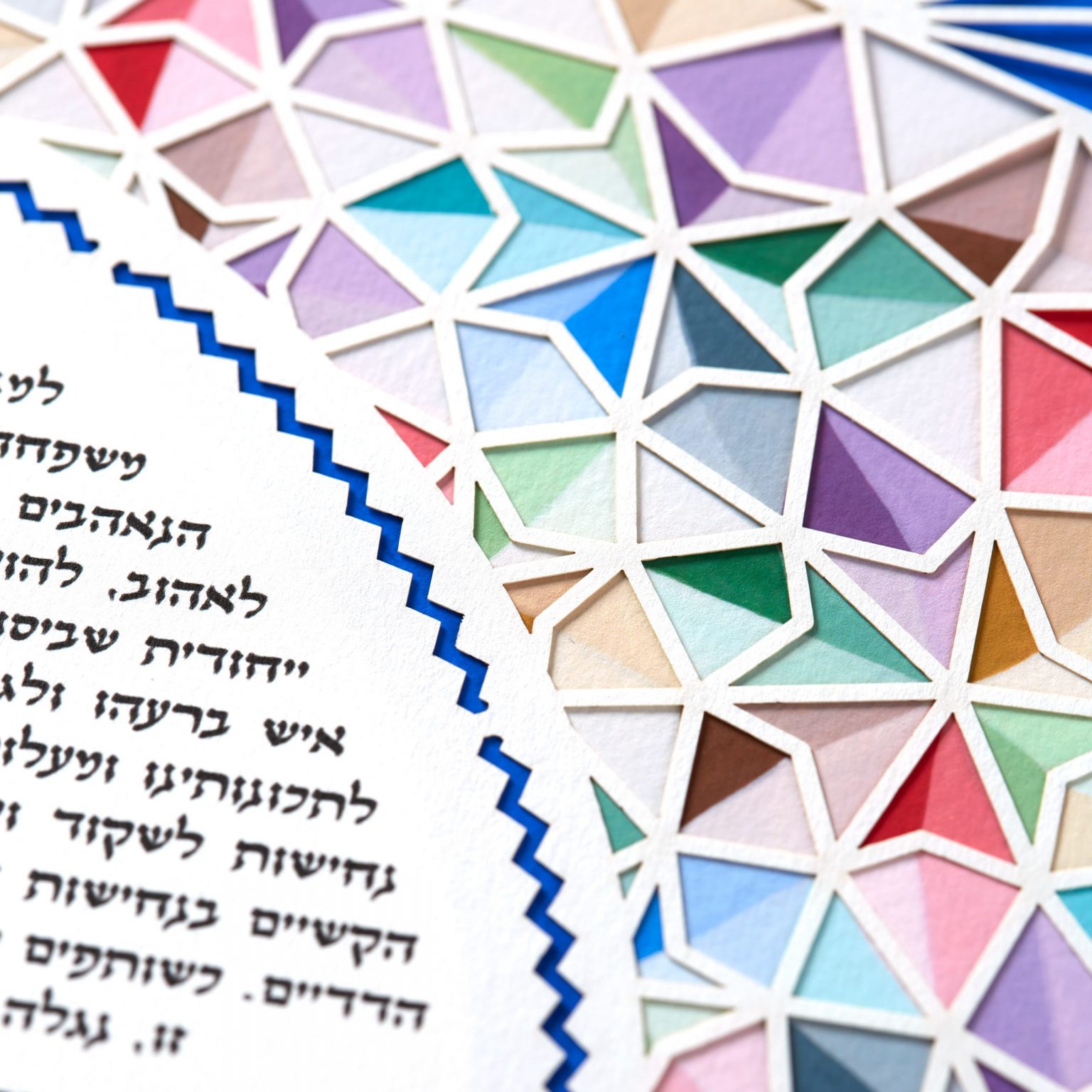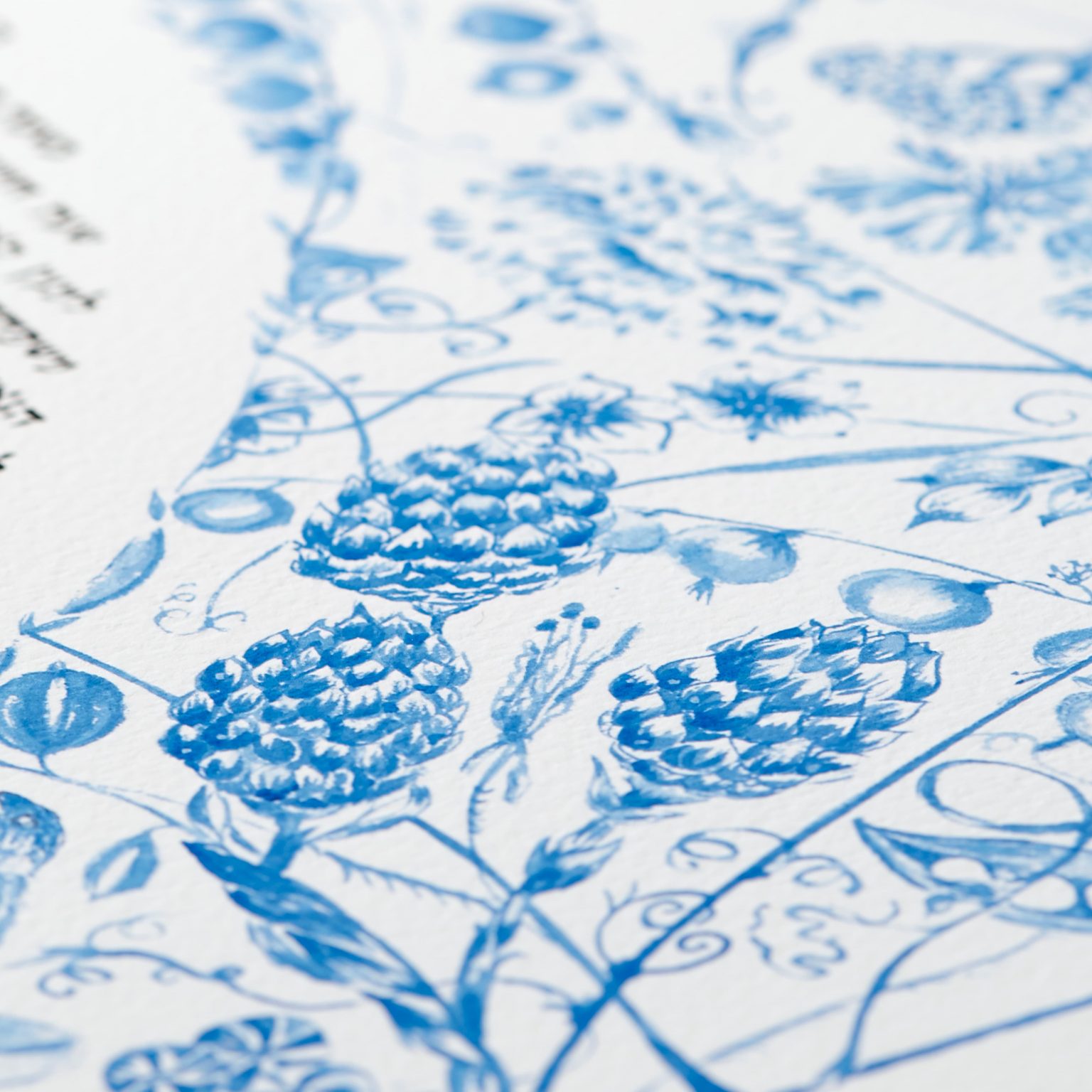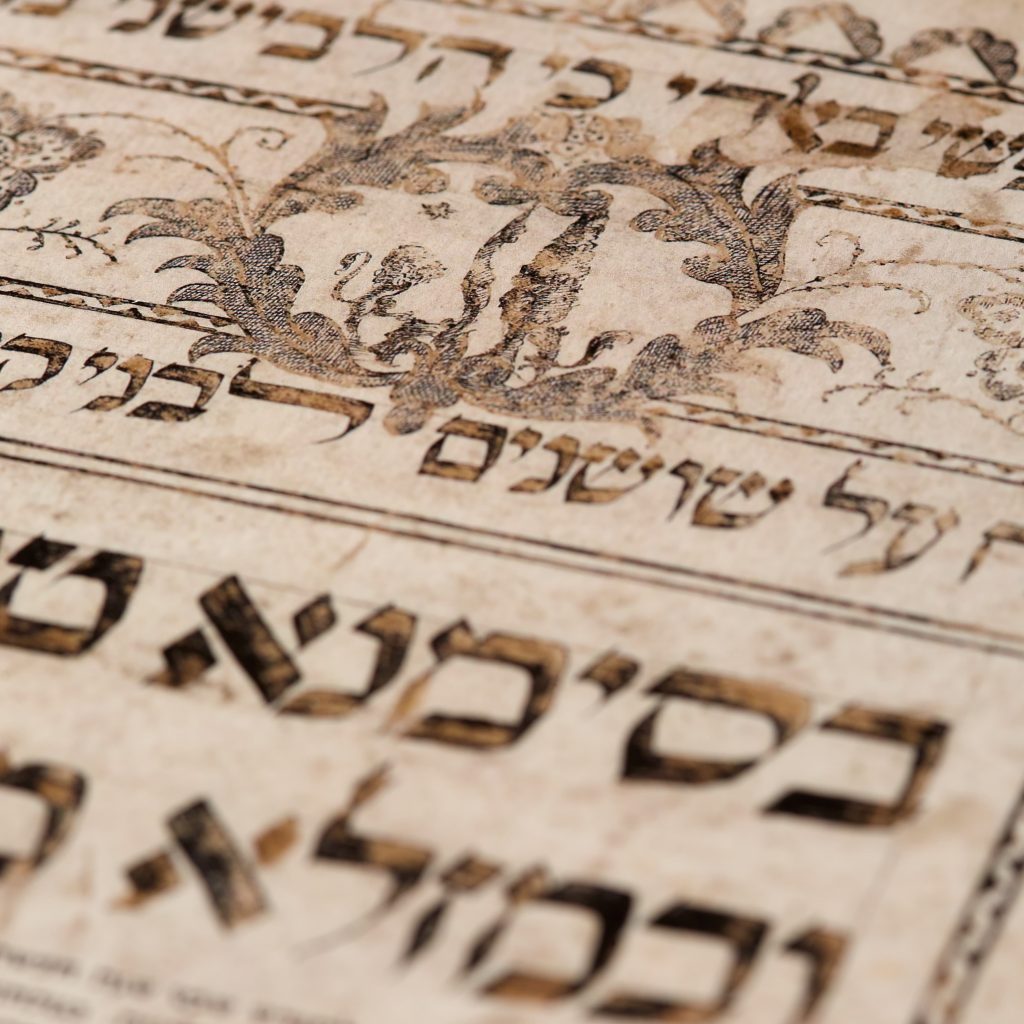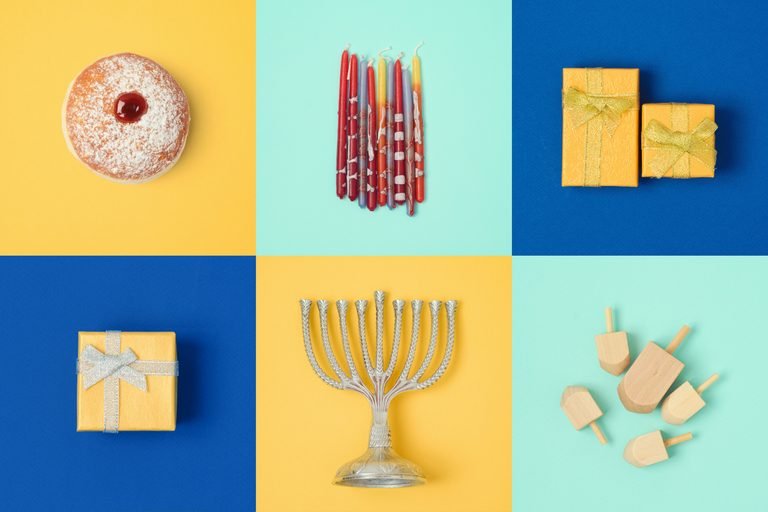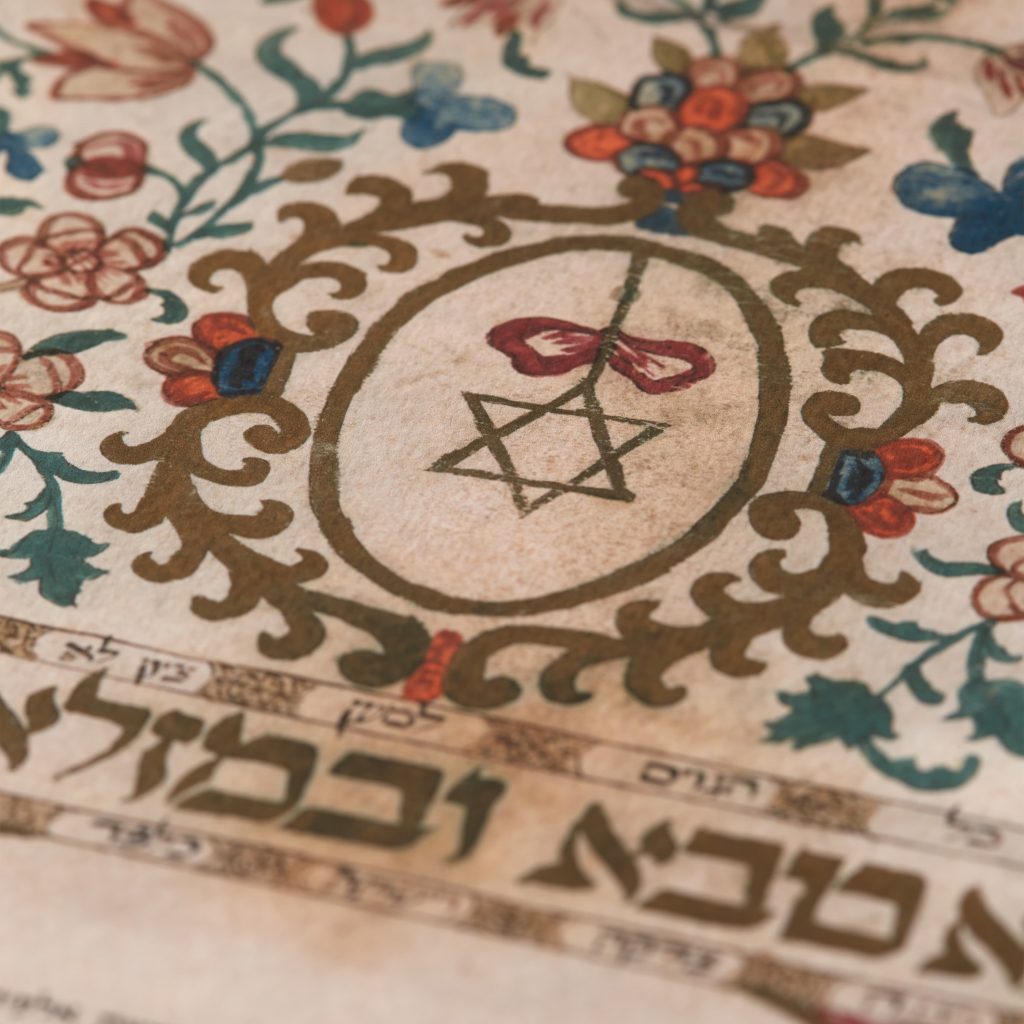
Segulahs is the Hebrew word for a charm or action to “remedy” or bring protection in Kabbalistic and Talmudic teachings. There are a number of superstitions and segulahs in the Jewish wedding. Acts of segulah any day can be anything from praying to giving charity every week when you light your Friday night candles having in mind something one wants like to find their spouse or get pregnant. There are a number of special moments in the Jewish wedding when one can do acts of segulah. We can’t guarantee any of these are tried and true but, hey, why not? It definitely can’t hurt to do one of more of these things.
Breaking The Plate
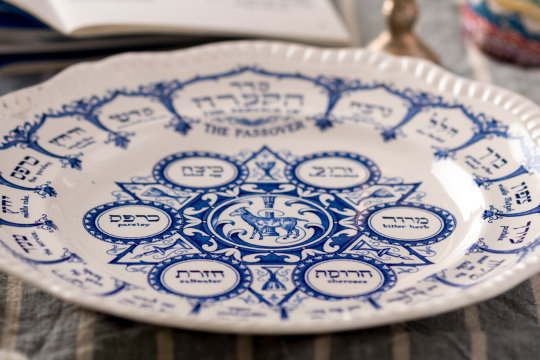
At the Chatan’s Tisch, the groom’s gathering before the bedekin, the mothers of the bride and groom break a plate as a sign of tenaim, symbolising the couple’s commitment to one another since the plate can never be put back together. Some couples give out pieces of this broken plate to their friends for segulah.
Moments To Pray
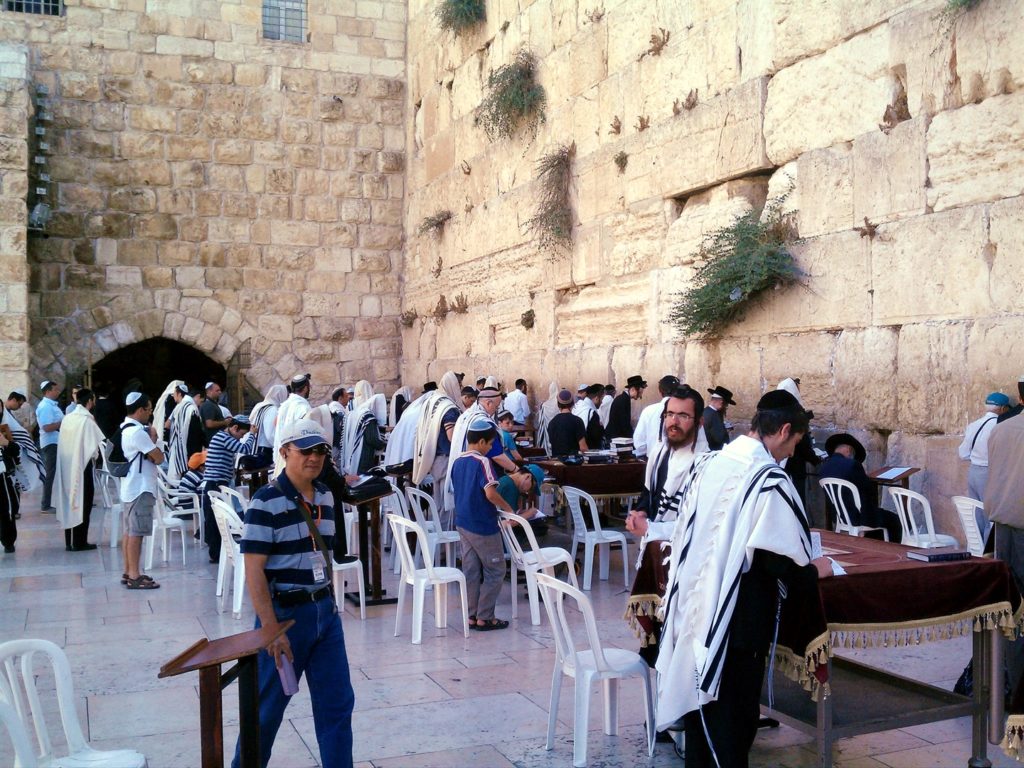
The Jewish wedding day is believed to be like a personal Day of Atonement opening up the gates of heaven to the bride and groom’s prayers. The couple will collect names of those that are sick, wanting success and good fortune, for friends to find their soulmates, and wanting to get pregnant or having safe pregnancies. It is a wonderful day for couples getting married to have these special names in mind as their prayers have extra power.
As an attendee, you may find yourself drifting during the chuppah ceremony but this is also a great time to pray for yourself and others as your prayers can still sneak them into the open gates for the bride and groom.
Smashing The Glass
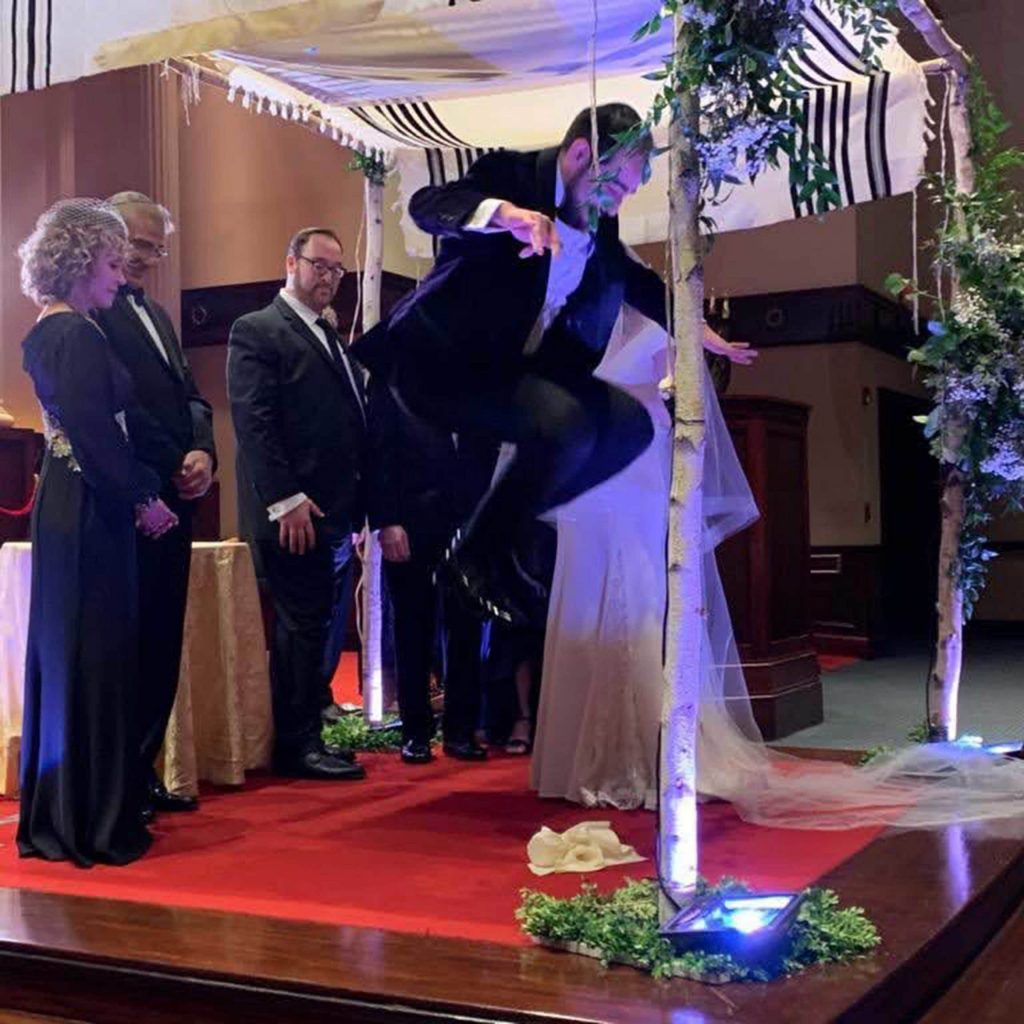
Everyone recognizes the moment the groom (or couple) smash the glass under the chuppah. We’ve told you all about why we break the glass but what happens to the glass after this moment? We’re going to do a whole post on ideas (stay tuned!) but it is a segulah is to give the pieces of glass to your friends and family for their own good wishes and bring them blessings – just like with the plate!
Hold My Ring
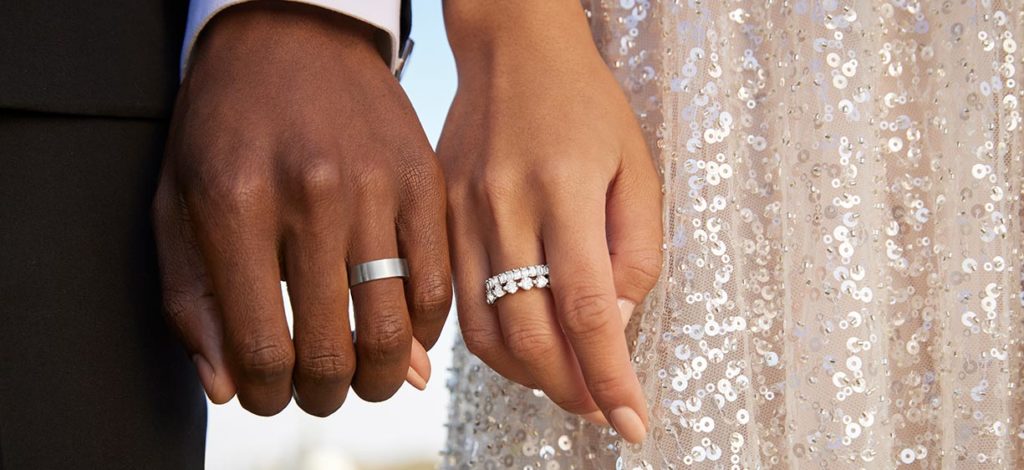
There is a tradition for the bride and groom to wear absolutely no jewelry under their chuppah. This is to show that they are making a commitment to marry each other for who they are and not what they possess. Standing under the chuppah, a symbol of the home the couple is going to build, they should have nothing of physical value, only their spirits, love and values they hope to fill their home with. It is in this vain that the bride hands off her jewelry to her sisters and bridesmaids or friends. There is said to be a segulah to those who wear her jewelry during the ceremony in hopes of finding their soulmates. Some girls have placed special value on whoever gets to wear the engagement ring during the ceremony.
Breaking Bread
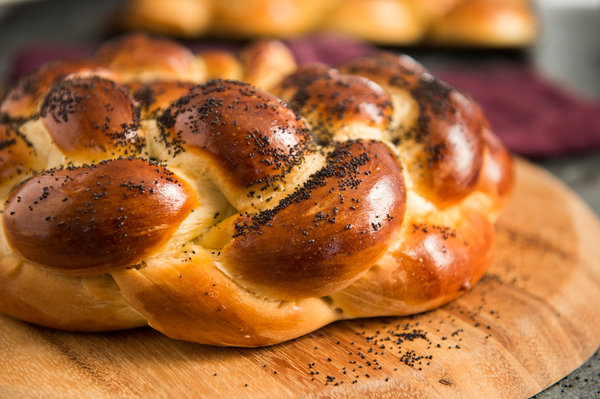
In ancient Rome bread was broken over the bride and groom’s heads. This sounds similar to the Jewish tradition of blessing and cutting a challah bread to mark the beginning of the wedding feast. Some say that getting a piece of this blessed challah bread is a segulah.
Drink It Up
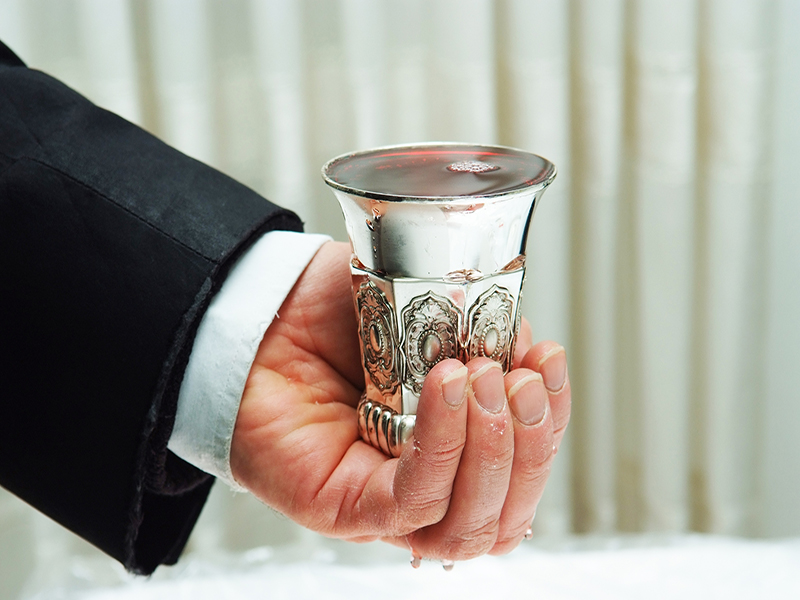
Did you know there are some superstitions behind the American wedding cake? Maidens, or bridesmaids, would gather around the wedding cake pulling at the ribbons from the bottom layer and one would contain a charm or ring. Whoever receives this charm would be the next to marry. This is similar to another secular tradition of throwing the bouquet which reminds us of another Jewish wedding tradition. At the end of the meal the Grace After Meals and the Seven Blessings are said over a glass of wine. In some communities this glass of wine is said to be a segulah to find a spouse or bring blessings to the drinker. The glass of wine is passed around to the bride and groom’s friends to receive segulah.
Do you have any superstitions or segulahs during the wedding you know of? Has a segulah ever worked for you? We would love to hear!

